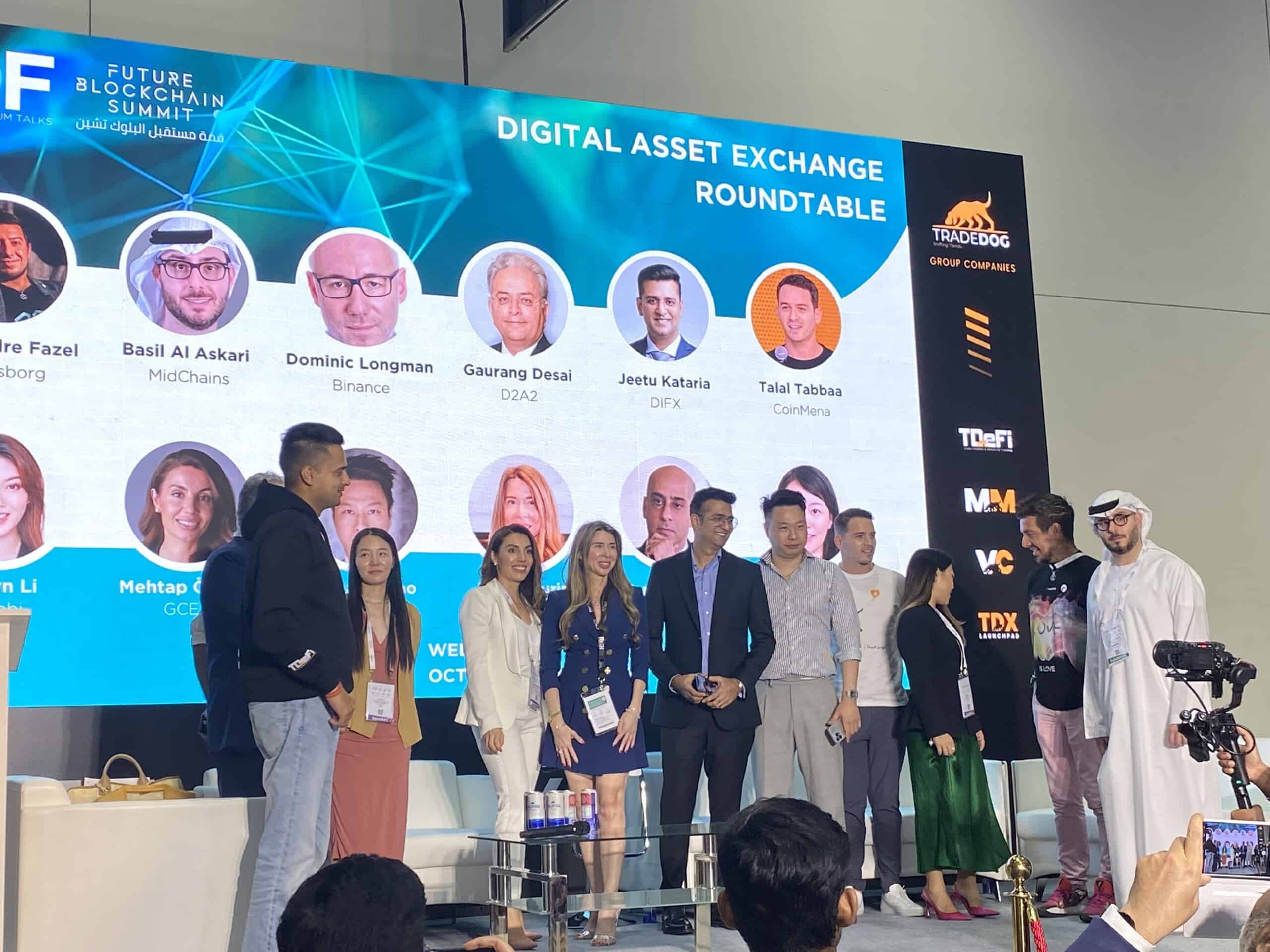DUBAI — The UAE is rapidly becoming a web3 hub, with the number of blockchain businesses expected to increase three-fold by the end of 2023. The country currently has just over 1,500 blockchain businesses. By year end, the UAE is expected to be home to approximately 5,000 blockchain entities.
Thanks to its supportive regulatory environment and willingness to embrace innovative financial models, this forward-thinking nation has recently gained the attention of global firms and entrepreneurs, hoping that they too can leverage web3 technologies.
Virtual assets are no longer the underground community they used to be back in the early 2010s. They are currently leading the digital disruption of various industries, ranging from payments, banking, healthcare, gaming and many more. Even those that do not use or understand them know that the advent of cryptocurrency has changed the way we look at money and transactions.
Blockchain—the Distributed-Ledger Technology (DLT) used by cryptocurrencies, has shown its enormous positive impact on the security of information sharing. Its decentralized nature has allowed fintech innovators to come up with new ways to store and transfer value systems. A report by Green View Research echoes this growth sentiment and adoption rate by stating that the blockchain industry will grow annually by 87.7 percent CAGR from 2023 to 2030 largely due to the increasing institutional and governmental adoption.
As this space grows, the opportunities presented by cryptocurrencies and DLT are tied to significant operational and regulatory challenges, as well as the lack of implementation of various governance and anti-money laundering policies. From a regulatory standpoint, many of the risks associated with cryptocurrencies echo those presented by new financial products and technologies of the past: the risk of untested business models, the potential for abuse and fraud, the lack of a clear and shared understanding of DLT and how cryptocurrencies are sold and traded over it, and the related uncertainty of a still unshaped regulatory environment.
But in this seemingly complex sea of regulations, there are quite a few prominent regulators who are actively trying to understand and spearhead the development of virtual assets. The UAE for one has become a magnet for the crypto and web3 ventures from all across the world. As early as 2018, the Abu Dhabi Global Market (ADGM) was one of the first jurisdictions to have made foundational guidelines for virtual asset trading and investment in conjunction with its Financial Services Regulatory Authority (FSRA).
Similarly, the recent regulations released by Dubai’s Virtual Asset Regulatory Authority (VARA) have given the community a much-needed framework built on the principles of economic sustainability and cross-border financial security.
These efforts are indeed one of the many reasons why blockchain firms across the globe are setting up their presence within the country. This innovative mindset is also echoed in the various governmental ecosystems and venture funds like Hub71 with their new $2 Billion Hub71+ Digital Assets initiative, which is designed to develop and grow the web3 startups and blockchain technologies in the capital.
The openness to new financial models is also reflected through the UAE Central Bank’s latest plans to launch a national Central Bank Digital Currency (CBDC) to improve cross-border payments and drive development for domestic payments.
Additionally, the country has also shown keen interest in the metaverse side of web3 with Dubai publishing its Dubai Metaverse Strategy in mid-July of 2022, in an ambitious effort to support more than 40,000 virtual jobs by 2030.
The growth and potential of virtual assets within the UAE are undeniable. As the global web3 ecosystem continues to evolve and disrupt traditional financial systems, the UAE continues to lead in the development and regulation of virtual assets. Through the efforts of prominent regulators and government-backed initiatives, the country has created a framework that fosters innovation and economic sustainability while ensuring cross-border financial security. With such initiatives, the UAE is poised to become a hub for blockchain firms and startups, and a leading example for the rest of the world to follow. As we continue to innovate and build the ecosystem, the robust and consistent rules that are currently being laid out will truly make UAE a leading blockchain and web3 hub.
Jeetu Kataria is CEO of DIFX Technology.
The opinions expressed are those of the author and may not reflect the editorial policy or an official position held by TRENDS.

